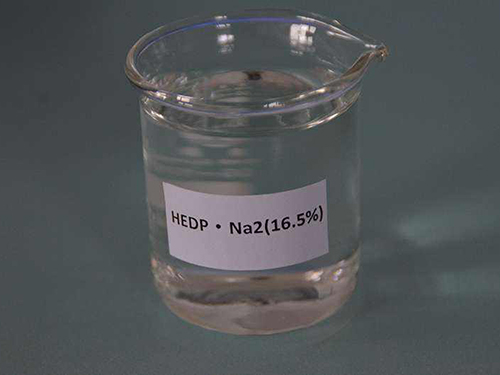flocculant suppliers
The Role of Flocculant Suppliers in Water Treatment Industry
In today's world, where water scarcity and pollution are significant concerns, effective water treatment solutions have become more vital than ever. Flocculants play a crucial role in this process, and therefore, flocculant suppliers are pivotal players in the water treatment industry. This article explores the importance of flocculant suppliers, the various types of flocculants available, and their applications in water treatment.
Understanding Flocculants
Flocculants are chemical agents that promote the clumping of particles into a floc, which can be removed from liquids through sedimentation or filtration. They are predominantly used in water treatment processes, including municipal water supply, wastewater treatment, and industrial processes. The effectiveness of flocculants depends on various factors, including the type of flocculant used, the nature of the particles, and the conditions of the water being treated.
Types of Flocculants
Flocculants can generally be categorized into three main types organic, inorganic, and biopolymers.
1. Organic Flocculants These are synthetic polymers that are widely used due to their effectiveness and efficiency. Common examples include polyacrylamides and polyamines, which offer excellent performance in removing suspended solids and turbidity from water. Organic flocculants are particularly favored in municipal and industrial wastewater treatment facilities.
2. Inorganic Flocculants This category includes traditional coagulants like aluminum sulfate (alum) and ferric chloride. Inorganic flocculants are generally less expensive than organic ones and quickly destabilize colloidal particles, making them suitable for various water treatment applications. However, they may have limitations concerning residual contaminants and sludge production.
3. Biopolymers These are natural flocculants derived from renewable sources, such as plant extracts or microbial production. Biopolymers are considered environmentally friendly alternatives to synthetic flocculants, as they tend to have a lower ecological footprint. They are particularly useful in applications where the removal of toxic substances is crucial.
flocculant suppliers

The Importance of Flocculant Suppliers
Flocculant suppliers play a critical role in the water treatment supply chain by providing the necessary chemicals and expertise to optimize the flocculation process. Their importance can be summarized in several key areas
1. Custom Solutions Flocculant suppliers can tailor their products to meet the specific needs of different industries. By understanding the unique challenges faced by their clients, suppliers can recommend the most effective flocculants based on the water conditions and the type of contaminants present.
2. Quality Assurance Reliable suppliers ensure that the flocculants they provide meet stringent quality and regulatory standards. This is paramount, especially in municipal water treatment applications where public health is at stake.
3. Technical Support A good flocculant supplier will also offer technical support and advice, helping clients to optimize their water treatment processes. This can involve conducting jar tests to determine the best dosing rates and flocculant types for a specific application.
4. Sustainability Initiatives As the industry moves toward more sustainable practices, flocculant suppliers are increasingly focusing on eco-friendly products. By offering biopolymers and other environmentally friendly options, they help clients reduce their ecological impact while maintaining effective water treatment solutions.
Conclusion
Flocculant suppliers are indispensable partners in the water treatment industry. Their ability to provide tailored solutions, ensure product quality, and offer technical support makes them a vital resource for municipal and industrial water treatment facilities. With an increasing focus on sustainability, the importance of flocculant suppliers will continue to rise as they adapt to the changing landscape of environmental concerns and regulatory frameworks. As we advance towards a more sustainable future, the collaboration between water treatment facilities and flocculant suppliers will be crucial in ensuring safe and reliable water for communities around the globe.
-
The Ultimate Guide to Flocculants: Transforming Water TreatmentNewsNov.01,2024
-
Improve Your Water Treatment Solutions with PolyacrylamideNewsNov.01,2024
-
Enhance Your Water TreatmentNewsNov.01,2024
-
Empower You to Achieve the Highest Standards of Water QualityNewsNov.01,2024
-
Effective Scale InhibitorsNewsNov.01,2024
-
Discover the Power of Poly Aluminum Chloride in Water TreatmentNewsNov.01,2024





